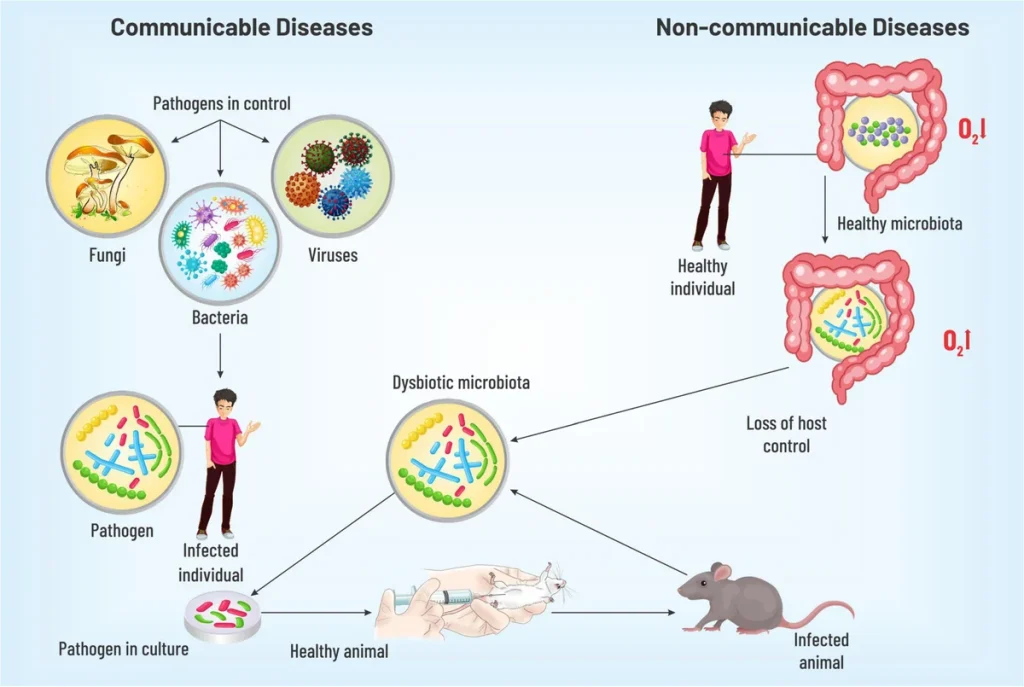In recent years, some countries have dramatically improved how they prevent and treat chronic illnesses. Nigeria, China, Egypt, Russia, Brazil and Denmark are among those applauded for reducing deaths from non-communicable diseases (NCDs).
The biggest drops have been in heart disease and several types of cancer, including stomach and colorectal cancers for all adults, cervical and breast cancers in women, and lung and prostate cancers in men.
New Threats Emerge
Progress has not been universal. Pancreatic and liver cancers, along with a rise in brain-related disorders, are pushing up death rates in some regions. These trends show that gains in one area can be offset by setbacks in another.
Why Extra Investment Matters
Analysts say a modest boost in spending could transform outcomes. An additional $3 per person each year on prevention and mental health services could return as much as $1 trillion by 2030.
Although 82% of countries saw death rates decline between 2010 and 2019, that momentum has slowed and some nations are backsliding.
The Scale of the Challenge
NCDs are now the world’s leading killers. More than one billion people also struggle with mental health conditions such as anxiety and depression.
Low- and middle-income countries bear the heaviest burden, with 75% of premature deaths—about 32 million lives lost annually.
September 25 UN Summit
On September 25, 2025, heads of state will gather at the UN in New York to discuss how to accelerate progress on NCDs and mental health.
“These silent threats drain societies of talent and energy,” said one senior health official. “Investing wisely now can protect communities and strengthen economies.”
Understanding Non-Communicable Diseases
NCDs include heart disease, strokes, cancers, chronic lung conditions such as asthma and COPD, and diabetes. Mental health disorders, from depression to anxiety, cut across all age groups and income levels.
A Call for Swift Action
If governments fail to act, millions more will die early. Simple, proven solutions exist, yet industries tied to tobacco, alcohol and unhealthy food continue to lobby against stronger rules like taxes or restrictions on advertising to children.
“It is unacceptable for businesses to profit from preventable illness,” said a health expert. “Leaders must choose people’s health over profit.”
Low-Cost, High-Impact Steps
Raising taxes on tobacco and alcohol, shielding children from harmful ads, routine blood-pressure checks and screening women for cancer cost about $3 extra per person annually.
These measures could deliver huge benefits: 12 million lives saved, 28 million fewer heart attacks and strokes, 150 million extra healthy years and more than $1 trillion in economic gains by 2030.
A Rare Chance to Change Course
The upcoming UN meeting offers the best opportunity in years to reset global action. A rights-based plan could help meet 2030 goals, save lives and boost well-being.
“We know the solutions,” another health leader said. “Act now to protect lives and strengthen economies, or pay the price of inaction.”
Taliban Frees British Couple After Seven Months in Detention






